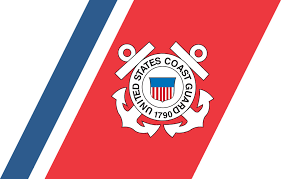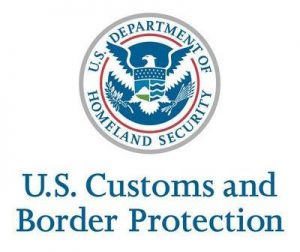The Coast Guard issued a final rule on April 1, 2019, “Seafarers Access to Maritime Facilities” requiring owners or operators of a maritime facility regulated by the Maritime Transportation Security Act of 2002 (MTSA) to implement a system providing seafarers, pilots, and representatives of seamen’s welfare and labor organizations access between vessels moored at the facility and the facility gate, in a timely manner in accordance with their approved Facility Security Plan (FSP), and at no cost to the seafarer or other individuals. See MSIB 06-19 issued by Commandant (CG-5PC).
The Captain of Port (COTP) New Orleans has received reports that seafarers’ shore access has been prohibited, unreasonably delayed, or financially burdened to gain transit through MTSA facilities. Reported concerns have included limiting/restricting transit times, levying additional transit fees, or requiring U.S. Customs and Border Protection (CBP) approved landing permits.
Actions to Facilitate Access
Vessels arriving in the Lower Mississippi River shall make every effort to communicate intentions for Seafarers’ Access when calling on MTSA regulated facilities.
MTSA facilities shall adhere to the requirements outlined in 33 CFR 105.237 and follow their approved FSP for facilitating seafarer access. Additionally, if access relies on a third party, a “back-up” access method must be used if the third party is unable to or does not provide access within the required timeframe.
CBP has sole authority for issuing a seafarers I-95, Crewman’s Landing Permit (i.e. shore pass). Vessel Masters and Agents are responsible for enforcing seafarers’ landing privileges in accordance with their I-95. Shore access shall not be delayed by a facility to verify a seafarer’s landing privileges. Facilities shall follow facility access procedures as outlined in their approved FSP.
The below recommendations are encouraged to improve access coordination between vessels and facilities:
Facilities should provide vessels the following information to plan for and request access including:
1. Contact name and phone number to arrange access,
2. Estimated lead time to facilitate transit to/from the vessel (in accordance with FSP),
3. A statement the seafarer is not responsible for any transport/escort cost to or from the facility access gate, and
4. Any other special or unique circumstance the seafarer should be made aware.
Vessels should provide the following information to help facilitate timely shore access:
1. Contact name and phone number to arrange access,
2. Length of time vessel is scheduled to be in port, and
3. Best estimates of times and number of crew members seeking shore access.
For more information or reporting:
To make an anonymous report concerning Seafarer’s Access, please utilize the Sector New Orleans Seafarer’s Access Reporting Form at: https://forms.osi.apps.mil/r/BizUy3F2As
More information on the Seafarers’ Access to Maritime Facilities Final Rule may be found at:
https://www.federalregister.gov/documents/2019/04/01/2019-06272/seafarers-access-to-maritime-facilities
Regulations for Seafarer’s Access may be found at: https://www.ecfr.gov/current/title-33/section-105.237
More information on CBP entry requirements can be found at: https://www.cbp.gov/sites/default/files/documents/vessel_guide_4.pdf
A list of COTP approved Seafarers’ Welfare Organizations can be found at: https://homeportr.uscg.mil/Lists/Content/DispForm.aspx?ID=14460&Source=/Lists/Content/DispForm.aspx?ID=14460
Facilities that violate any provision of this rule are subject to enforcement by the COTP. Under 46 U.S.C. 70119 and 33 CFR 101.415(b), any person who does not comply with the applicable requirements, including 33 CFR 105, is liable to the U.S. for a civil penalty. These penalties may total up to $10,000 per Notice of Violation, and up to $41,000 for Civil Penalty.
For further information, contact Sector New Orleans Facilities Compliance Branch: (504) 365-2370 or Facilitiesnola@uscg.mil


